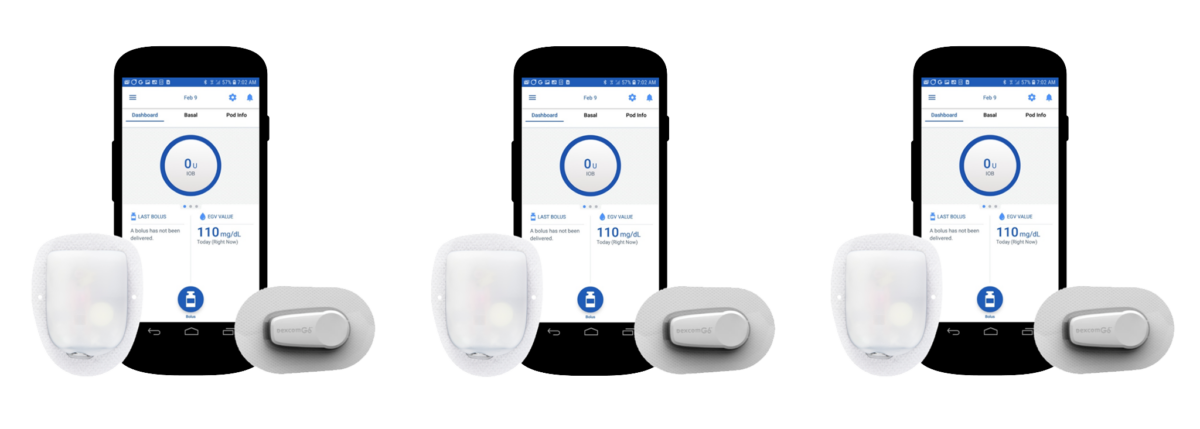Gut Health Possibly the Key to Type 1 Diabetes Prevention
Written by: Alexi Melvin
1 minute read
May 31, 2018
Recently, a research team from the University of Queensland in Australia began a trial focusing on the relationship between changes in gut microbiota and Type 1 diabetes diagnoses, and whether these findings could help prevent Type 1 diabetes in the future.
Changes in the bacteria in our gut can be an indicator of health on many levels. Over the years, gut health has been closely linked to the triggering and even the restoring of several diseases and disorders.
Recently, a research team from the University of Queensland in Australia began a trial centered around the relationship between the changes in gut microbiota and type 1 diabetes diagnoses, and whether these findings could help prevent type 1 diabetes in the future.
In particular, the study set out to investigate whether the shift in gut microbiota associated with a type 1 diabetes diagnosis was due to genetics or environmental elements.
The researchers closely monitored the gut microbiota of rodents at a “high risk” for type 1 diabetes, versus rodents who were genetically protected against the disease. Their studies showed that the at-risk rodents had a reduced level of certain bacteria.
According to head researcher, Dr. Emma Hamilton-Williams, these findings indicate that the immune response and shift in microbiota is a genetic response. Essentially, the study shows changes in gut health are not simply a side effect of type 1 diabetes. Rather, it occurs before symptoms of type 1 diabetes can develop.
The Queensland University researchers are now in the process of expanding their study to humans and have concluded already that the many variations of genetic risk factors as it relates to type 1 diabetes diagnoses played a role in the gut bacteria of humans.
The close monitoring of gut microbiota will more than likely aid in determining overall response to immunotherapy.
Possibly the most exciting result for the research team was the fact that the use of immunotherapy on the rodents could help to restore their overall gut health. The therapy can increase the number of the immune system’s T cells to potentially help prevent the diagnosis of type 1 diabetes going forward.
Read Previously Healthy—a story behind one child’s preventable death.

Author
Alexi Melvin
Alexi Melvin is a writer, artist and healer. She has had type 1 diabetes since she was 14 years old. Alexi practices Expressive Art modalities such as poetry, fiction, memoir writing, dance, painting and filmmaking. She is also a freelance journalist and occasional voice actor. Alexi is currently refining her tools to become an Expressive Arts Practitioner and seeks to help others heal, grow, play and learn. You can find her at https://aleximelvin.com.
Related Resources

Already compatible with Dexcom’s G6 and G7 continuous glucose monitors (CGMs), the Omnipod 5 Automated...
Read more

The younger a person is diagnosed with type 2 diabetes, especially those with obesity, the...
Read more

The Oura Ring, which tracks things like sleep, heart rate, and activity, is joining forces...
Read more

